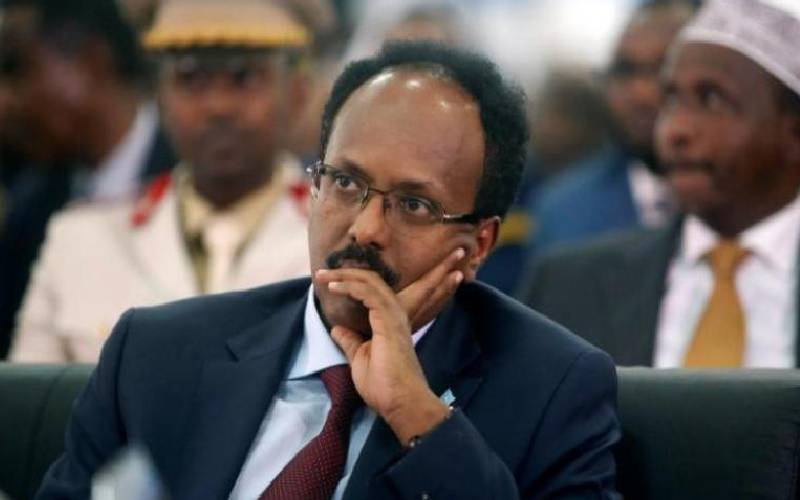
Despite economic, political and social integrations, boundary disputes pose a great threat to peace and stability in the Horn of Africa. Owing to colonial history of the region, most of these borders do not reflect interests of the local population.
The boundary dispute between Somalia and Kenya dates back to early 1963, when the British government declared Northern Frontier District (NFD) as one of Kenya’s administrative units. The move was rejected by the Somali government, sparking conflicts and soaring diplomatic relations with its neighbours.